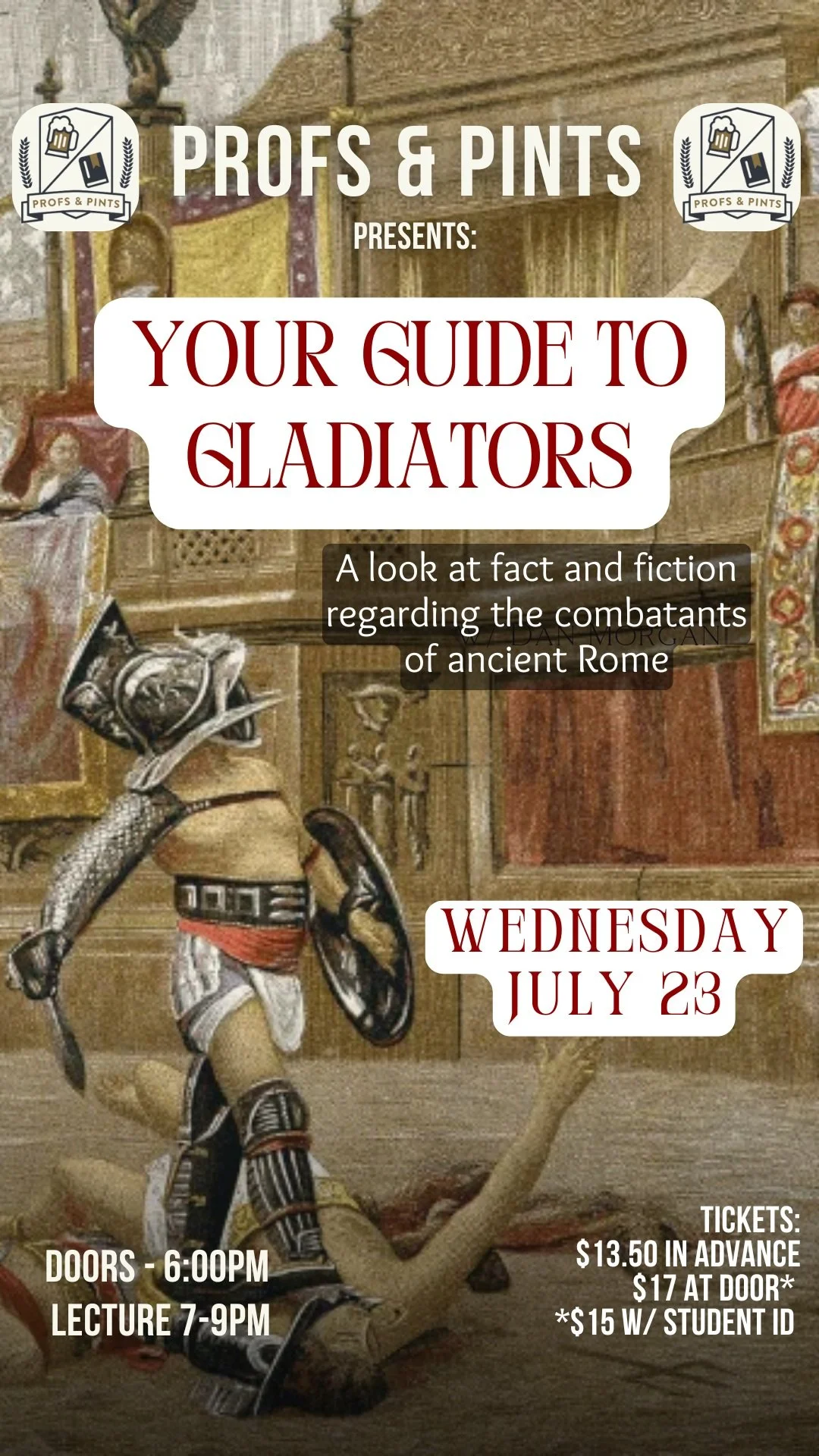Profs and Pints Nashville presents: “Becoming the Witch,” on witchcraft initiations in folklore and fairy tales, with Cory Thomas Hutcheson, folklorist, lecturer at Middle Tennessee State University, and author of New World Witchery: A Trove of North American Folk Magic.
[Doors open at 6 pm. Talk starts at 7.]
Becoming one of the witches of folklore was never as simple a matter as learning a few spells or grabbing a pointy hat. It required a lot more effort than that.
Among the paths some took to get there: Striking a deal with a sinister figure standing at a crossroads. Venturing into a dark forest—with only a doll for protection—to confront a cannibalistic witch. Shooting the moon with a silver bullet to make it bleed magic into you.
Folklore is riddled with methods for becoming a witch, and by coming to Nashville’s Fait La Force taproom on October 30th you can learn where these stories come from and what they tell us about the nature of witches and folk sorcery.
Cory Thomas Hutcheson, a folklorist whose several excellent past talks have earned him a substantial following among Profs and Pints fans, will explore the lore of witch initiations found in folklore, fairy tales, historical accounts, and other sources.
We’ll look at the three key methods by which people become witches: being born into witchery, or being called into it, or learning it through study and practice. You’ll meet examples of sorcerous folk.
We’ll also examine the unique challenges, ethical questions, allies, enemies, and opportunities faced by newly made witches in places ranging from Appalachia to Ukraine.
If you want to gear up for Halloween by learning about all things witchy, you couldn’t ask for a better teacher than Dr. Hutcheson, who along with writing New World Witchery hosts a podcast by the same name and edited Llewellyn’s Complete Book of North American Folk Magic.
If on the way home you encounter a black goat who asks, “Wouldst thou like to live deliciously?” you’ll have a better sense of the consequences of your reply.
Tickets
(Advance tickets: $13.50 plus sales tax and processing fees. Doors: $17, or $15 with a student ID.)


























